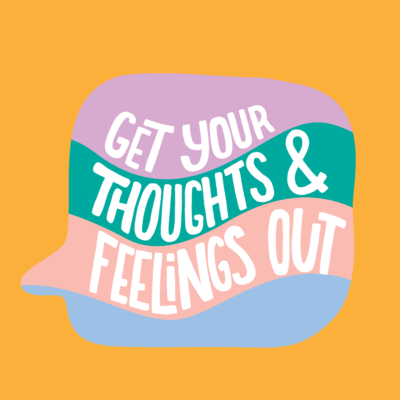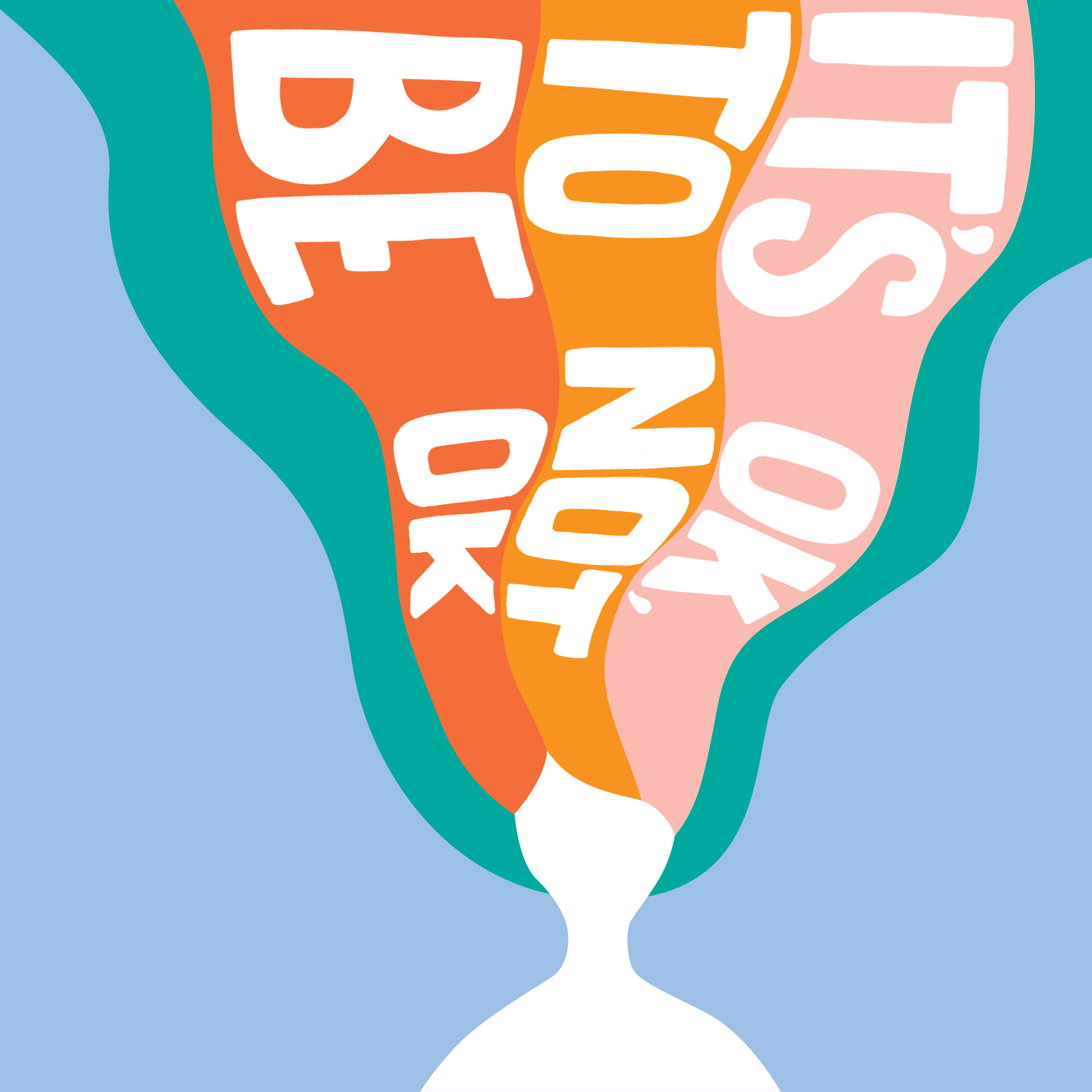Have you been finding things harder than normal lately?
Maybe you can’t find the energy to get out of bed, or you’re finding it hard to focus when you’re at school or work. Maybe you feel stressed by your work or assignments. Maybe you’re having regular fights with family members or friends that leave you feeling lonely and a bit sad.
Those feelings could be temporary because of the circumstances around you. For example, if you’ve had a busy week, there’s been stressful things happening at home, or there’s been a big change in your life.
However, if your feelings of struggle continue, and it’s impacting on your everyday life, you may begin facing challenges to your mental health.
Don’t worry, we all face this from time to time. Just like the storms in the sky that come and go, so to do difficulties come and go in our lives at times. However, if you’re facing a storm that just seems to be lingering no matter what you try, what should you do about it?
How do you get things back on track?
While everyone’s circumstances are unique, one way to get the ball rolling is to simply have a conversation with the right person. Someone who can help.
Start by reaching out to someone you trust. This could be a close friend or a family member.


Preparing to have a conversation
It can be daunting opening up to people, so if you’re unsure of how to set-up a conversation, or you want to make sure that the conversation goes smoothly, we recommend checking out our article ‘6 steps to start talking to someone you trust’.
It’s important to know that there is no single way to have these conversations. Different approaches work better for different people. Some people find it hard to talk. Others find it easier. Often the hardest step is to simply start. Remember that no one gets these conversations perfectly right, but making the effort to learn more is a great start.
Having the conversation
If the person you speak to is someone that sees you regularly, chances are they have noticed a change in your behaviour. So a conversation about your mental health might be something they are expecting or are glad to be having. However, that might not always be the case and they may be caught off guard. If that happens, they may be unresponsive, or respond in a way that you weren’t expecting. It’s still important to let them know how you are feeling and give them time to process the information. You can reach out again later to see if they’d like to continue talking about it.
If the person is responsive, but their response is unsupportive, it can feel like a pretty big blow to your confidence. If that’s the case, you should end the conversation and find someone else to speak to.
If you are finding that the people in your life are not supporting you in the way that you need, we highly recommend having a conversation with a trained counsellor—for example—the team at Kids Helpline. There are plenty of ways for you to have a conversation with someone at Kids Helpline, so if you’re not comfortable speaking on the phone, there are other options available such as email or webchat.
I’ve had a conversation with someone, but I need more help
If you continue to feel down after having a conversation, or feel like you could be a risk to yourself or others, you should seek additional help from a GP. Your GP can conduct a mental health assessment to see what the best course of action might be for you. Typically, this could include a referral to a counsellor, psychologist or psychiatrist.






